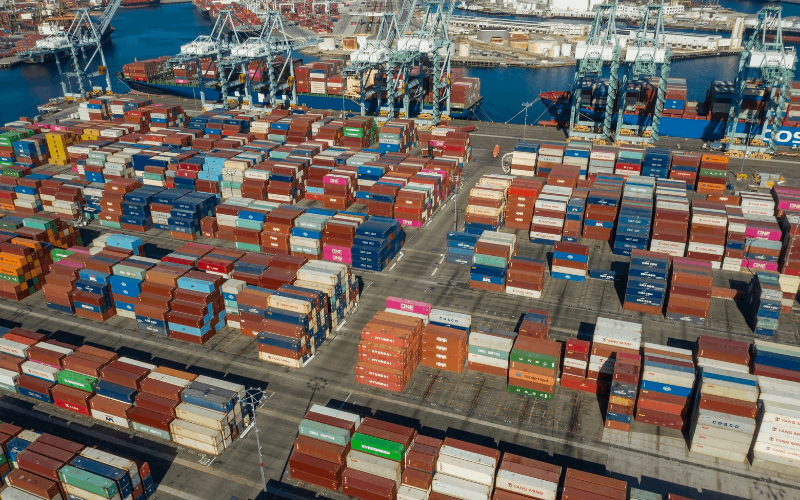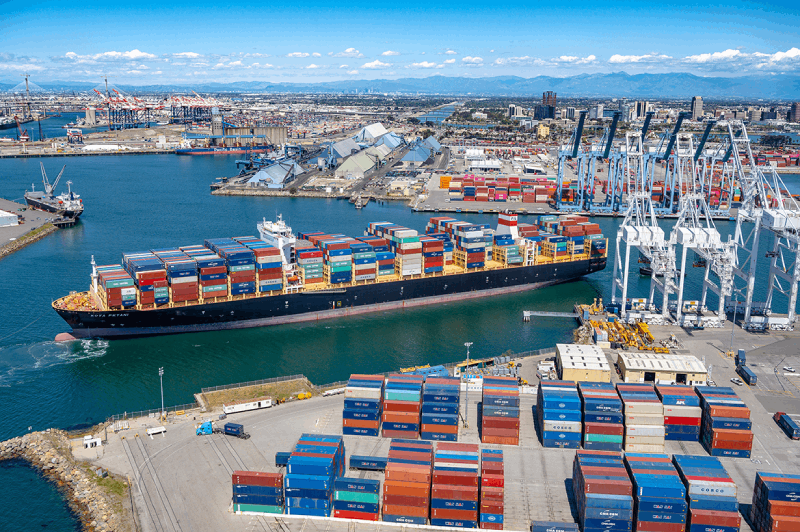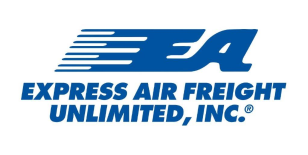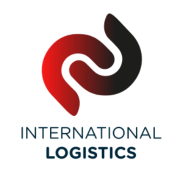Time:2022-06-10 Publisher:Kevin Num:6056

At present, the main theme of global shipping is not only port congestion, but also the strike action of port workers. Because of the rising sea freight, the contradiction between workers and employers has become increasingly acute.
Earlier, port workers on the west coast of the United States had further negotiations on labor negotiations. If it is not successful, strike action is inevitable.
At present, the ports of two countries are facing strike crisis. South Korea and Germany respectively.
South Korean truck drivers hold national strike
It is understood that the freight drivers of the Korean national trade union held a general strike yesterday. Truck drivers asked the government to adjust the current truck charging system to ensure their basic wages, so as to cope with the rising fuel costs.
Under the leadership of the Korean Federation of trade unions, the number of strike action was huge, including members of the freight truck drivers' Union and some members who did not join the union.
A trade union official said that in view of the impact of the general strike on the national economy, he had tried to negotiate with the government in advance, but failed to have an effective dialogue with relevant departments.
The Trade Union asked for an adjustment to the current toll system, mainly to ensure the minimum freight rate for truck drivers.
The strike has affected the local ports and logistics centers to some extent, and even slowed down the freight transportation. If the strike continues for several weeks, its impact will inevitably further expand and slow down the import and export of South Korea.

German port workers strike
According to German local media reports, Hamburg Port Operators recently announced that the dock workers will start a new round of strike action.
As the third largest container port in Europe, once there is a strike, the port will be in chaos.
At present, the ports in northern Europe generally face the difficulty of container congestion. The strike of Verdi, Germany's largest trade union in the service industry, will further aggravate the congestion at the port and wharf.
At present, ports in northern Europe are generally facing serious congestion, especially Hamburg Port. The situation is deteriorating. It takes at least two weeks for container ships to enter the port.
The reason for the congestion is that the handling efficiency of containers slows down and the transportation speed of trucks and trucks slows down.
GLA Family would like to remind the freight forwarders and shippers that as the peak season approaches, there are some special situations in many ports. Contact the shipping company in time to ensure the smooth delivery of goods.



